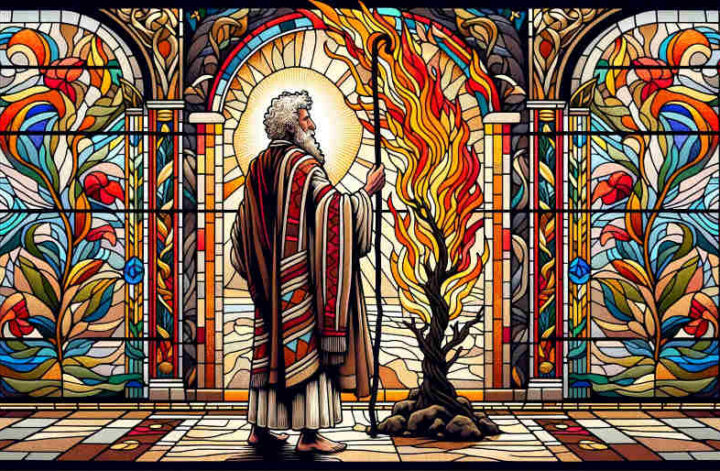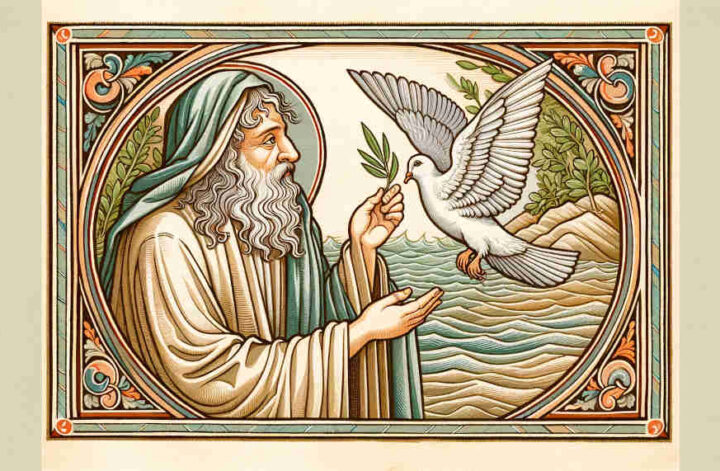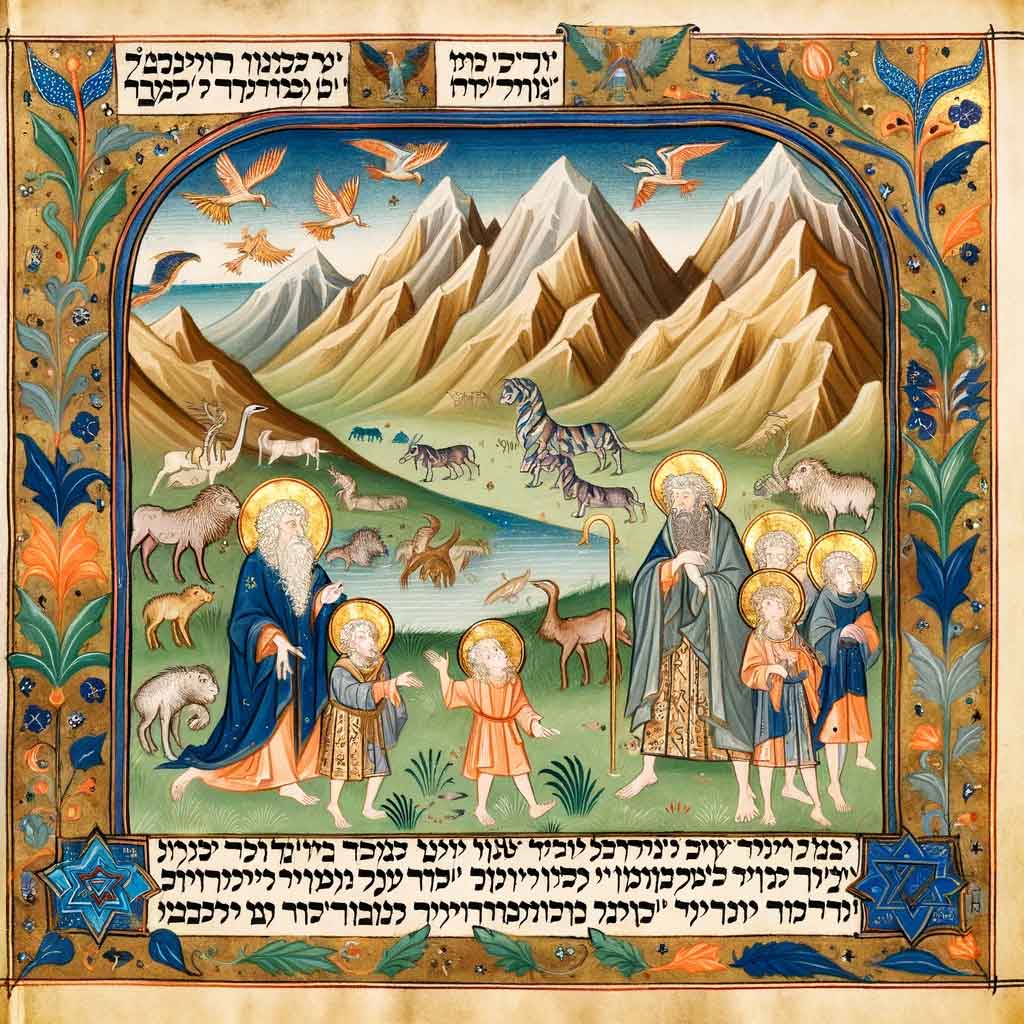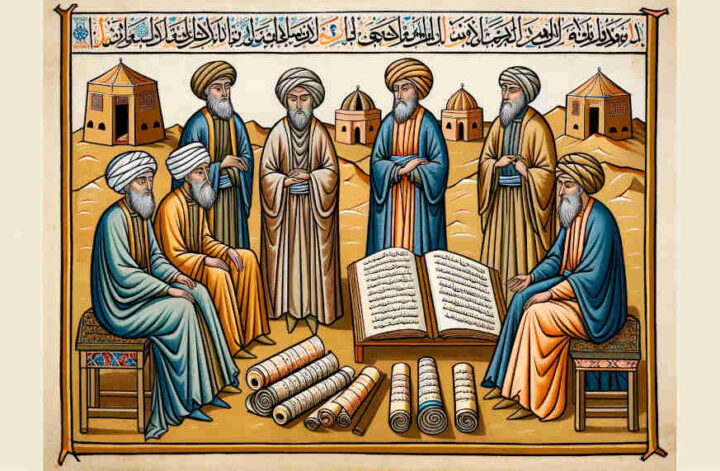Hello,
I find myself at a crossroads of understanding and seek your guidance. Within the tapestry of faiths, do Jews and Christians believe in the same God, and how do their perceptions of the Divine align and differ? Your insight would be a beacon to me in this complex exploration.
Shalom,
Mariam
The Monotheistic Tapestry of Judaism and Christianity
Dear Mariam,
Your query touches the very fabric of Abrahamic traditions. The question of whether Jews and Christians believe in the same God is one that has been contemplated by theologians, scholars, and believers for centuries. It is a profound question that delves into the heart of our understanding of God and the nature of divine revelation.
Roots in the Hebrew Scriptures
At the foundational level, both Judaism and Christianity are monotheistic faiths that arise from a common spiritual lineage, acknowledging the God of Abraham, Isaac, and Jacob. The Hebrew Scriptures, known as the Tanakh in Judaism, form the Old Testament of the Christian Bible. They are revered as sacred texts within both traditions, and the God spoken of within these texts is the same for both Jews and Christians.
Divergence in Understanding
However, the divergence in understanding the nature of God becomes apparent when we consider the figure of Jesus Christ. Christianity professes belief in the Trinity—a single God in three persons: the Father, the Son (Jesus Christ), and the Holy Spirit. The divinity of Jesus is central to Christian belief, which holds that Jesus is both fully God and fully man, the second person of the Trinity.
Judaism, on the other hand, firmly maintains the unity of God in the strictest sense, rejecting the concept of the Trinity or the divinity of Jesus. Jewish theology emphasizes the oneness of God, a complex unity that is indivisible and singularly divine.
Commonalities and Distinctions
Despite these theological differences, both faiths share a belief in a God who is omnipotent, omniscient, and benevolent. Both traditions emphasize God’s role as the creator of the universe, the giver of law, and the one who desires a relationship with humanity. The moral and ethical frameworks presented in the Hebrew Scriptures serve as a foundation for both religions.
Yet, it is also essential to understand that while Jews and Christians may use similar language to describe God, the implications of these descriptions can be quite different due to the divergent theological frameworks. The Christian understanding of God as triune fundamentally alters the Christian relationship with the divine as compared to that of Judaism.
Respecting the Richness of Each Tradition
As a Christian theologian, while I see Jesus as the incarnation of God and the fulfillment of the prophecies of the Hebrew Scriptures, I also respect the Jewish perspective, which awaits the Messiah and holds to a different interpretation of these same scriptures.
It is this very respect that underpins the dialogue between our faiths. To say that Jews and Christians believe in the “same” God is to simplify a relationship that is deeply complex and intertwined with history, culture, and revelation. Our beliefs are both shared and uniquely our own, and this diversity within monotheism is a testament to the richness of the human encounter with the Divine.
Therefore, Mariam, while there is a shared belief in the God of Abraham, the understanding of God’s nature is distinct between Judaism and Christianity. It is through this lens that we can appreciate the depth of each tradition and the spiritual insights they offer to the world.
May your journey of understanding be fruitful and enlightening.
Grace and peace,
Theophilus



